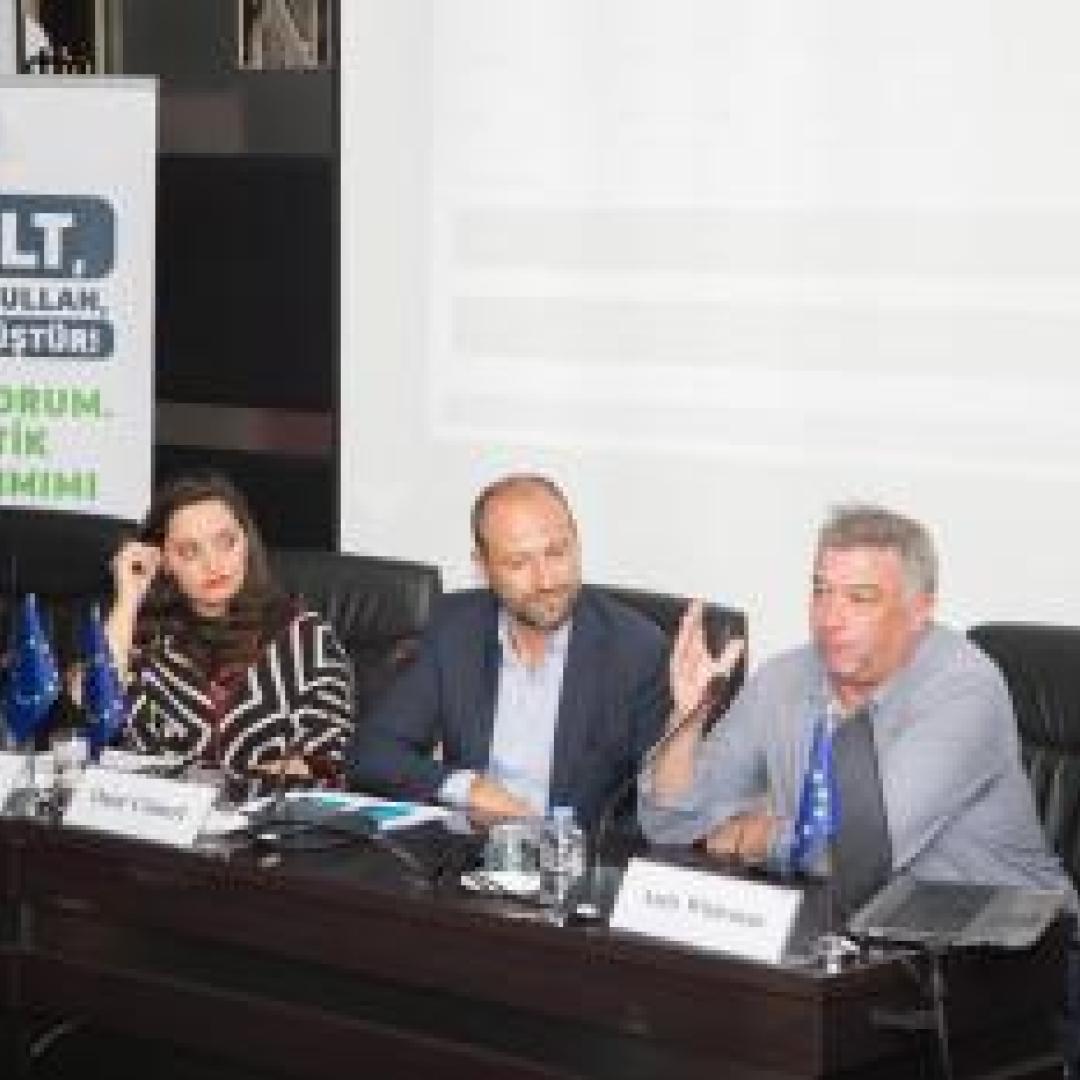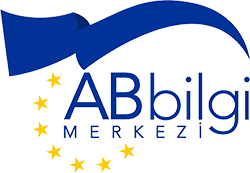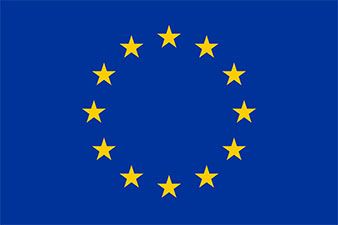Exploring the Potentials of a Circular Economy for SMEs Panel took place in Nicosia

The European Commission highlighted the benefits of a circular economy for small to medium size entreprises (SMEs) with a panel on “Exploring the potentials of a Circular Economy for SMEs” at the Turkish Cypriot Chamber of Commerce, Nicosia on 4 April. After the opening speeches by Mr. Ierotheos Papadopoulos and Mr. İsmet Esenyel, the panelists Mr. Andy Whiteman, Mr. Onur Cömert, Ms. Yeliz Osman Cin and Mr. Barış Erkmen made presentations aiming to improve awareness about the European Commission circular economy package to stimulate Europe's transition towards a circular economy; to increase knowledge about how SMEs could benefit from the circular economy and how these benefits could be achieved; and to promote the focus of the circular economy movement on preventing waste by enhanced attention to materials management in the design, production, retail and use of products.
The EU waste management policies aim to reduce the environmental and health impacts of waste and improve Europe’s resource efficiency. The long-term goal is to turn Europe into a recycling society, avoiding waste and using unavoidable waste as a resource wherever possible. Proper waste management is a key element in ensuring resource efficiency and the sustainable growth of European economies. In January 2018 the European Commission launched the first-ever Europe-wide strategy on plastics as part of the transition towards a more circular economy.
In 2006 the European Union allocated €19.5 million for the solid waste sector in the Turkish Cypriot community. The projects covered short-term priority measures foreseen in the solid waste master plan adopted by the Turkish Cypriot community in 2008. These included the construction of a central sanitary non-hazardous landfill in Koutsoventis/Güngör which also includes a small-scale hazardous waste storage facility, the construction of a waste transfer station in Famagusta, the supply of long-haul waste transfer trucks, a small-scale treatment facility for infectious medical waste at the Nicosia public hospital, the restoration of the Dikomo/Dikmen dumpsite near Nicosia, the supply of a semi-mobile construction and demolition waste pre-conditioning equipment and green waste shredding (pre-composting) equipment.
During 2012 to 2017, the European Commission allocated approximately an additional €6 million for the increasing of the TCc's solid waste management capacity, including works for the second phase of the Koutsoventis/Güngör landfill, the upgrade of a medical waste sterilisation facility and the supply of waste trucks. The second EU-financed project for capacity extension, 'Phase II and additional peripheral works', was initiated in January 2018 with an approximate budget of €1.9 million. Work on the waste deposition area (Cell 2) was finalised in September 2018. The completion of Phase II extends the solid waste acceptance capacity for the Turkish Cypriot community until approximately 2030. European Commission allocated €2.14 million for works contract and €0.5 million for services contract for Construction of an Irrigation System for the Reuse of Morphou/Güzelyurt Wastewater Treatment Plant (WWTP) Treated Wastewater. This project will utilise the treated wastewater from the WWTP in Morphou/Guzelyurt by construction of a water reservoir and an irrigation water distribution system.

